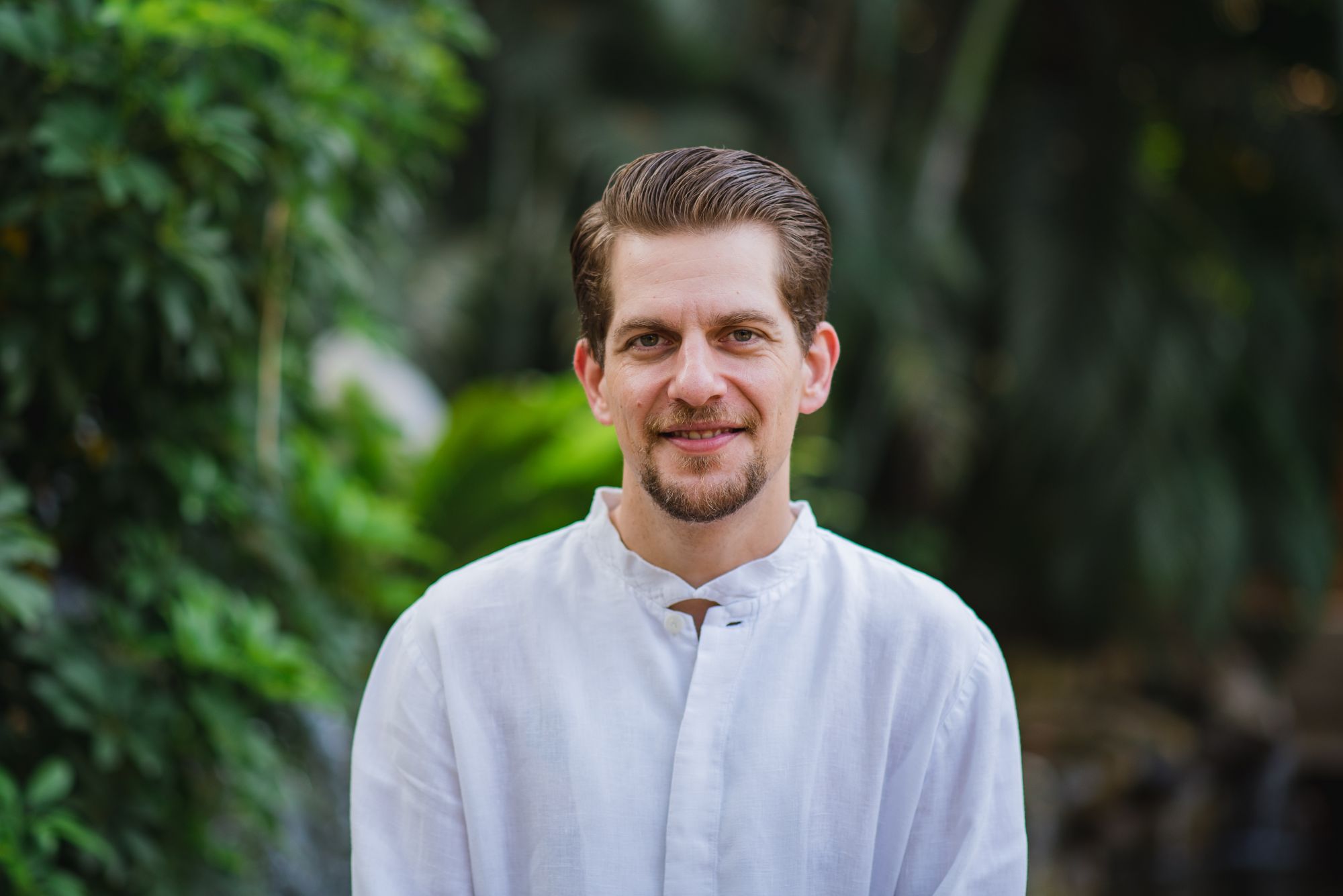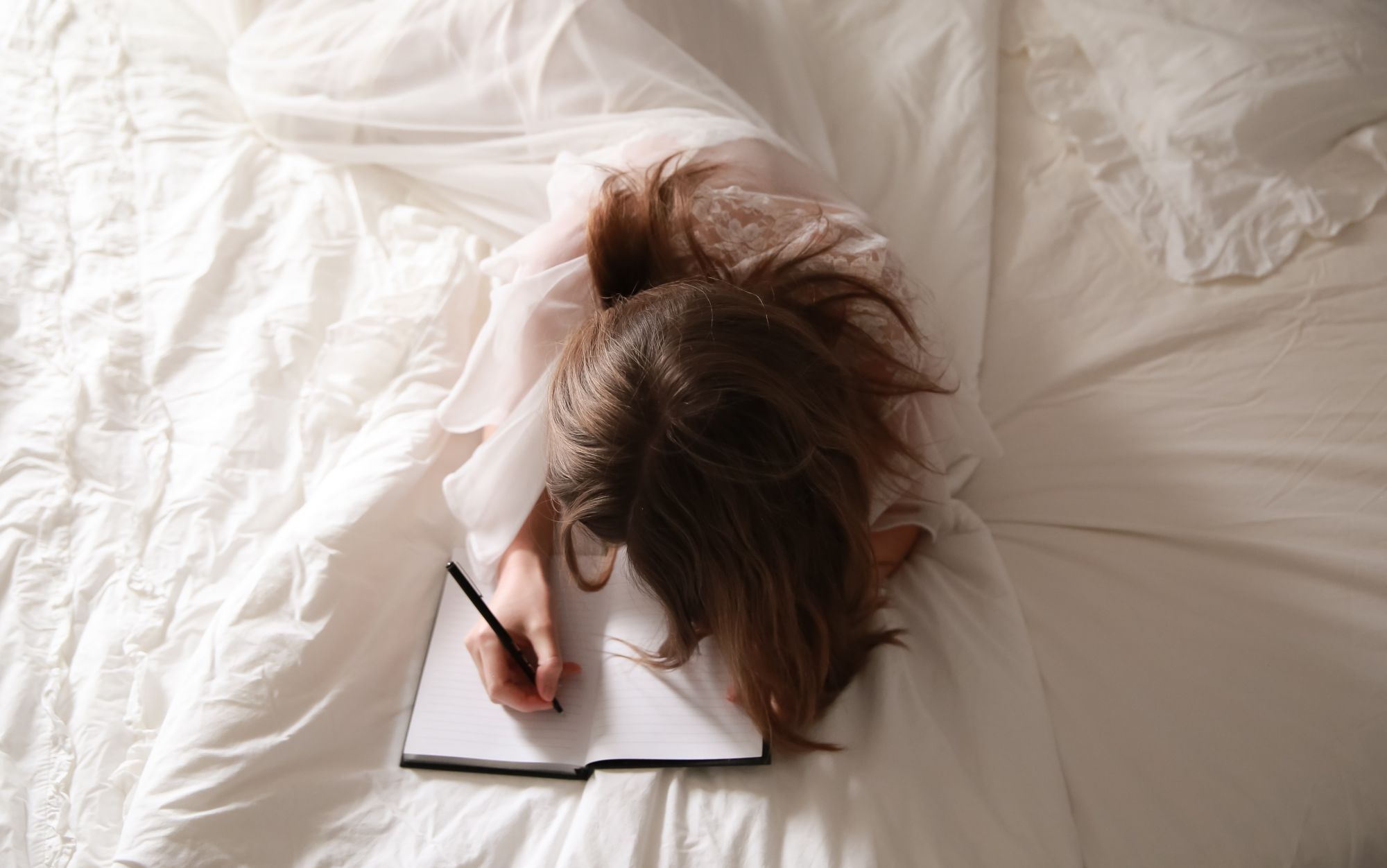To commemorate World Sleep Day on March 19, we’re sharing this unlikely tip that we’ve been “sleeping” on
The global pandemic has caused many of us around the world to lose sleep for a variety of reasons. It could be due to the work-from-home situation or the lack of social activities, travel opportunities and more. This means that more should be done to regulate our sleeping patterns, especially if we find ourselves lying awake in the middle of the night with nothing but tech devices to rely on to fall asleep.
For World Sleep Day on March 19, we consulted a wellness expert to provide more insights on how we can fall into a deep slumber without trouble.
While we've previously shared a list of tips on how to fall asleep better, this new tip is remarkably easy to follow and studies have also found it to be effective.
(Related: Battling Insomnia Due to Covid-19? 8 Simple Tips to Improve the Way You Sleep)

“Despite the importance of sleep, it is constantly way up at the top of the list of concerns people have about their health. It’s safe to say that almost everyone can relate, we’ve all had a bad night’s sleep at some point in our lives. Maybe it was because of a long haul flight, woke stress or even young kids keeping us awake,” said Dr Tal Friedman, Head of Naturopathic and Research & Development Specialist at Chiva-Som Hua Hin, a luxury wellness and international health resort.
“An entire industry has been built around trying to get people to sleep better. From speciality mattresses and bedding to essential oils, pillow mists and a wide variety of supplements. To be fair, I do enjoy many of those products and supplements and they do have their uses.”
However, he added there is one “deceptively simple tool that barely gets any mention”.
Journaling. That’s right, the simple act of writing could actually help you unwind and prep yourself for bed effectively every night.

